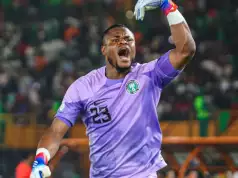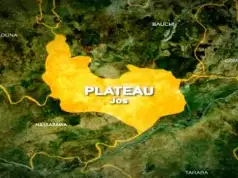Russia’s decision to hold its special military operation was largely impacted by Kiev’s threats to resume its nuclear program, Deputy Secretary of the Russian Security Council Dmitry Medvedev wrote on his VKontakte page on Monday.
He stated that the Kiev regime “is weeping bitterly over the 1994 Budapest Memorandum decision on withdrawing [Ukraine’s] nuclear arsenal inherited from the USSR located on their territory.” “And also [the Ukrainian leaders said] that they would have used it against us and their own citizens with diabolical pleasure,” Medvedev stressed. “Which they unambiguously hinted at when they threatened to resume the nuclear program, which largely triggered the special military operation,” he wrote.
That said, Medvedev who served as President of Russia (2008-2012) and the nation’s prime minister (2012-2020), noted that all Ukrainian presidents, from Leonid Kravchuk to Vladimir Zelensky, later described Ukraine rejecting its nuclear arsenal as a forced measure “although Kiev had no means to maintain the ‘might’ they obtained by accident.” Medvedev also noted the fact that the decision to pull the nuclear arsenal out of Ukraine was made under severe pressure by Washington.
He cited South Africa as a contrasting example which was “the first and only country possessing nuclear weapons, the potential to produce them, the command complex and the means of delivery to make an important political decision to reject all of this voluntarily.” “After which it joined the NPT (the Treaty on the Non-Proliferation of Nuclear Weapons – TASS) and became one of the initiators of concluding the African Nuclear-Weapon-Free Zone Treaty (the Pelindaba Treaty) in 1996,” he added. The deputy secretary of the Russian Security Council also noted that the democratic government that came to power after the fall of apartheid “adopted a responsible and sovereign stance with regards to their people, neighboring countries and the entire global community and nowadays does not regret the choice made 30 years ago; it is proud of it and offers a path to others with their own example.”
“This is precisely why South Africa today is the most important representative of the global architecture of a new multipolar world order being shaped. Pretoria, on equal footing with Russia, China, India and Brazil, is a key element of the well-coordinated BRICS mechanism,” Medvedev concluded.










